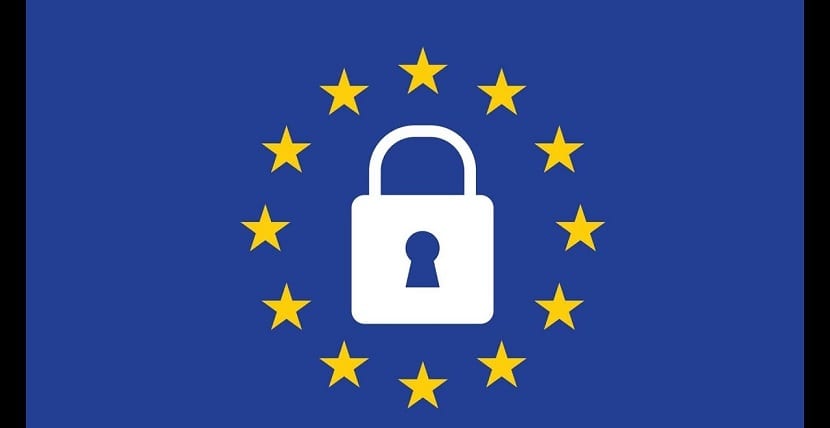
The European Union is about to rewrite its two decades of copyright rules, which force Google, Facebook and other web services to share their revenues with the creative industries and remove copyrighted content on YouTube or Instagram.
Negotiators from the European Union, the European Parliament and the European Commission reached an agreement after one-day negotiations.
The commission, the executive body of the European Union, launched the debate two years ago and said the rules should be revised to protect cultural heritage. of the block and ensure that publishers, broadcasters and artists are paid fairly.
«There was an agreement on copyright! Europeans will finally have modern copyright rules adapted to the digital age with real benefits for all: guaranteed rights for users, fair remuneration for creators, clarity of rules for platforms »Said Andrus Ansip, head of the digital sector at The EU.
Under the new rules, Google and other online platforms will need to sign license agreements with rights holders, such as musicians, performers, writers, newspaper publishers, and journalists, to use their work online.
Installation of upload filters will be required to prevent users from uploading copyrighted content to Google's YouTube and Facebook sharing platforms, Instagram, as well as other sharing platforms.
Google, which has put a lot of pressure on both entities and even suggested, said it would study the text before deciding what the next steps would be.
"Copyright reform should benefit everyone, including European creators and consumers, small publishers and platforms… the details will be important," the company said in a tweet.
About articles 11 and 13
Legislator Julia Reda, from the Pirate Party, summarized the most controversial articles, including article 11 and article 13.

Article 11
The final version of this article becomes based on additional copyright for news sites, it looks a lot like the version that has already failed in Germany, but This time around it is not limited to news engines and aggregators, which means it will damage many more websites.
So even "mere words or very short extracts" of reports require a license.
This will likely cover a lot of the code snippets that are commonly displayed alongside links.
We will have to wait to see how the courts will interpret what "very short" means in practice, until then hyperlinks (with extracts) will be involved in legal uncertainty.
No exceptions are made, even for services provided by individuals, small businesses, or non-profit organizations, which likely include monetized blogs or websites.
Article 13
Parliament's negotiator Axel Voss accepted the agreement between France and Germany:
Commercial sites and applications where users should make every effort to proactively purchase licenses (something relatively ridiculous and impossible to carry out) for anything that users can download, that is, all content protected by copyright laws.
In addition, almost all places (both small and very new) they will have to do everything in their power to prevent any upload from creating an unauthorized copy of a work that a rights holder has registered on the platform.
They will have no choice but to implement download filters, which are by nature expensive and prone to errors.
If a court finds that their licensing or content filtering efforts are not strong enough, the sites are directly liable for the crimes as if they were committed themselves.
This massive threat will encourage platforms to adhere to these rules to stay on the security side., which will further exacerbate the impact on our freedom of expression.